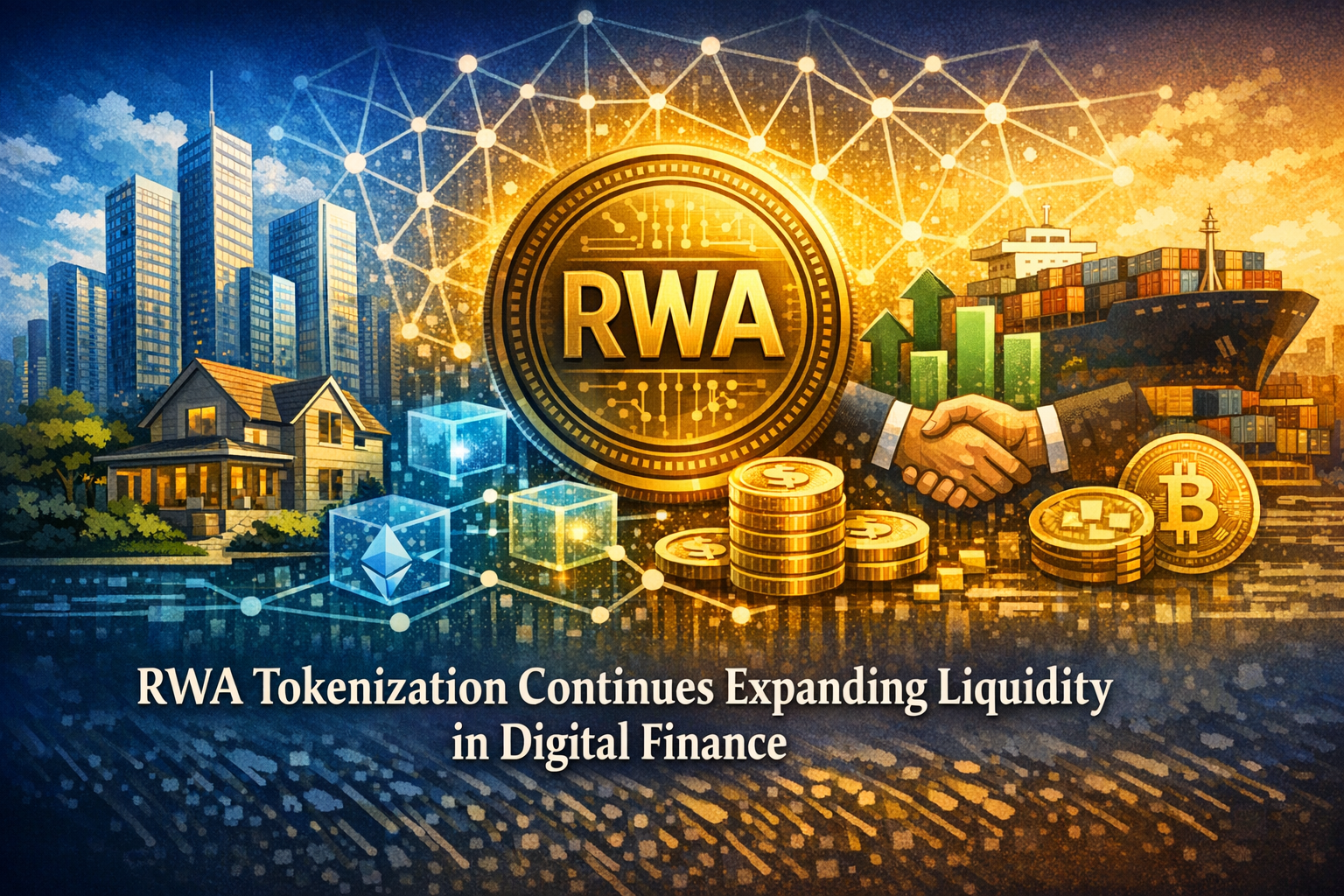The maritime industry stands at a critical crossroads between global trade efficiency and environmental responsibility. With international shipping responsible for nearly 3% of global greenhouse gas emissions, regulatory bodies like the International Maritime Organization (IMO) have introduced increasingly strict pollution control measures. Yet, monitoring compliance across thousands of vessels navigating international waters remains an immense challenge. Enter a groundbreaking approach: a blockchain-assisted, IoT-driven framework designed to ensure real-time maritime environmental compliance.
The Challenge: Transparency and Accountability at Sea
Maritime emissions are notoriously difficult to track. Ships often operate far from regulatory oversight, and environmental reports can be inconsistent or delayed. Traditional monitoring systems rely heavily on manual inspections and post-voyage documentation — methods that are slow, vulnerable to tampering, and lack transparency.
What’s needed is a secure, automated system that can collect environmental data as it happens — and make it verifiable.
The Innovation: Merging IoT, Blockchain, and Smart Contracts
The proposed framework leverages Internet of Things (IoT) sensors, blockchain technology, and smart contracts to create a tamper-proof compliance ecosystem.
-
IoT sensors installed on vessels continuously measure key environmental indicators such as CO₂ emissions, fuel consumption, oil discharge levels, and ballast water quality.
-
This data is instantly recorded on a blockchain ledger, ensuring immutability and transparency.
-
Smart contracts automatically enforce maritime pollution regulations, triggering alerts, penalties, or certification renewals based on real-time data.
This integration transforms compliance from a reactive process into a continuous, self-verifying operation. Regulators, ship owners, and port authorities can access the same verified data — reducing disputes, administrative delays, and fraud.
Real-Time Governance and Token-Enabled Auditing
One of the most powerful aspects of blockchain-assisted monitoring is the creation of tokenized audit trails. Each verified data entry or compliance milestone can be represented by a cryptographic token, enabling seamless data exchange across agencies, insurers, and logistics partners.
Smart contracts can also issue “green compliance tokens” to ships that maintain consistent environmental performance. These tokens could one day function as digital compliance certificates — tradable assets that incentivize eco-friendly operations within maritime carbon credit markets.
Environmental and Economic Impact
Beyond compliance, this system encourages proactive sustainability. Real-time monitoring helps ship operators identify inefficiencies in fuel usage, optimize routes, and reduce maintenance costs. Meanwhile, the immutable blockchain record builds trust with customers and regulators alike, reinforcing the company’s environmental credibility.
Governments and maritime organizations stand to gain as well. Automated reporting drastically reduces bureaucratic overhead and minimizes corruption risks. Moreover, the global adoption of blockchain standards in maritime regulation could accelerate data interoperability between ports, classification societies, and environmental agencies.
Toward a Green Maritime Future
The convergence of green technology, decentralized data systems, and real-time environmental intelligence marks a new era in maritime governance. The blockchain-assisted framework is more than a compliance tool — it is a digital backbone for sustainable shipping.
As climate change intensifies and regulatory frameworks tighten, technologies like these will shape how the world’s oceans are managed. Maritime companies that adopt transparent, blockchain-based monitoring will not only meet environmental targets but also lead the transformation toward a greener, smarter, and more accountable global trade network.




